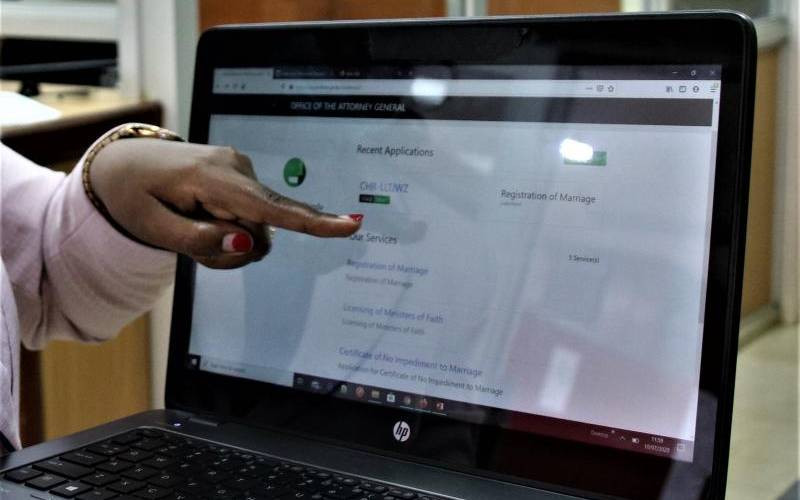×
The Standard e-Paper
Home To Bold Columnists

The government's plan to centralise all public payments through the eCitizen has come under fresh scrutiny as mounting opposition and legal challenges threaten to scuttle the policy.
Earlier this week, the high court suspended a directive by the Ministry of Education requiring parents to pay school fees through the eCitizen's 222222 PayBill number.